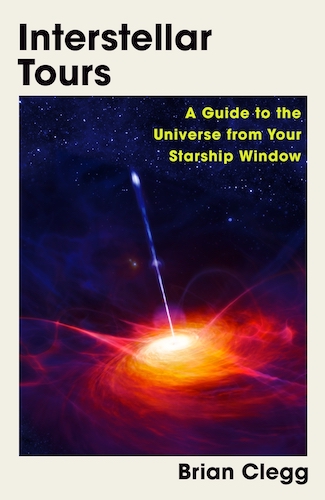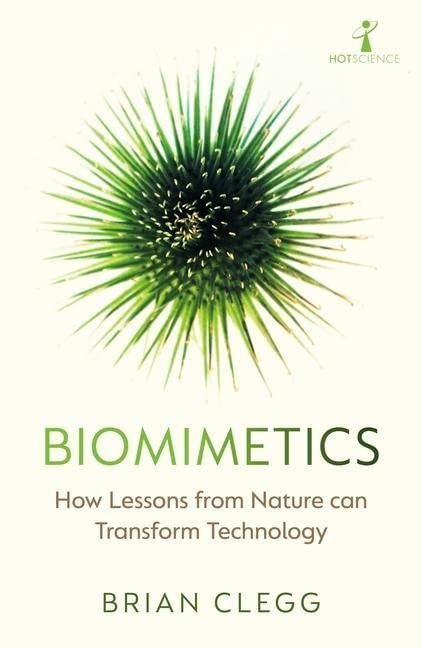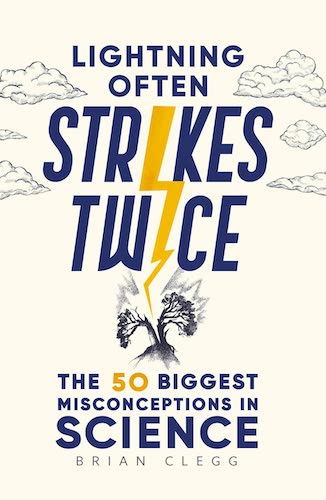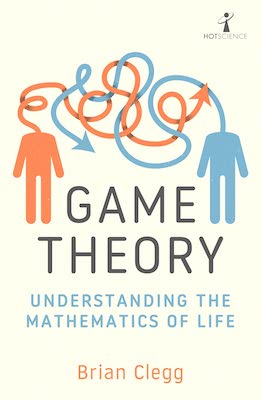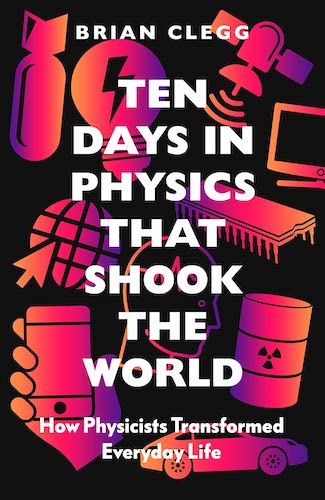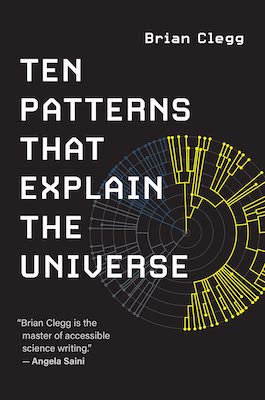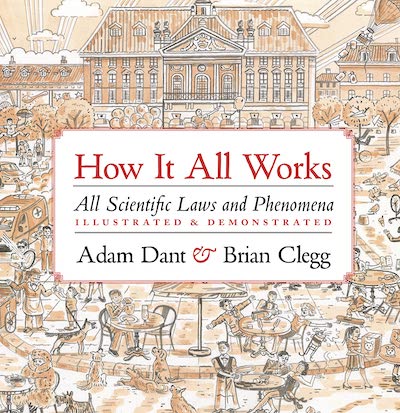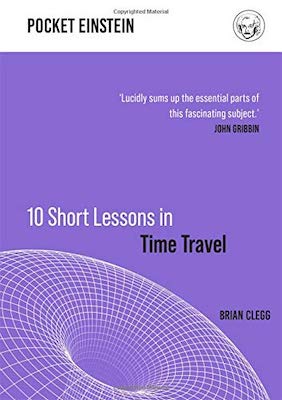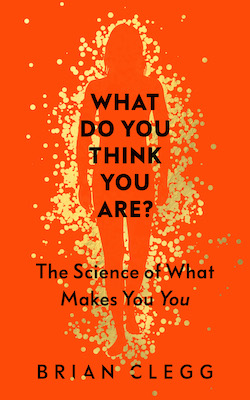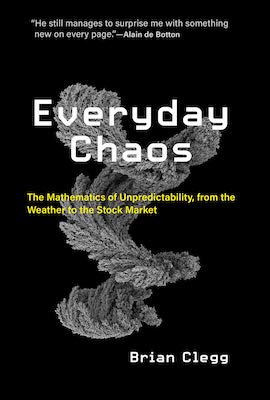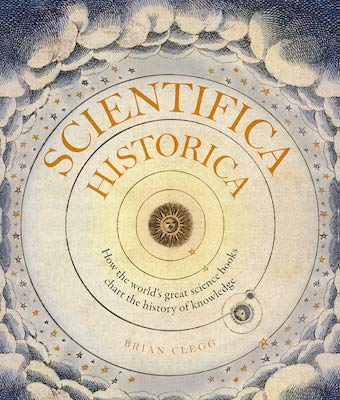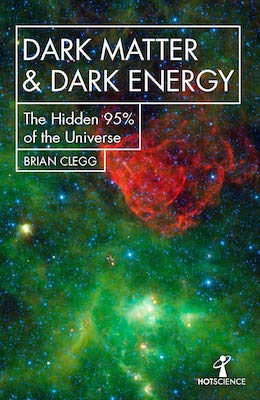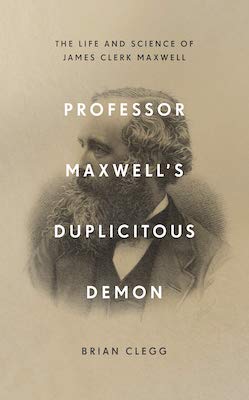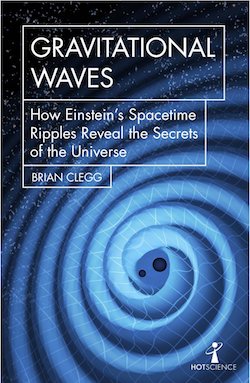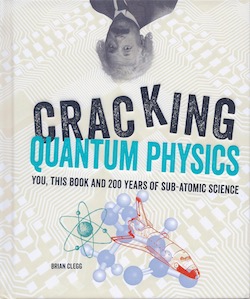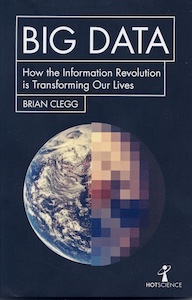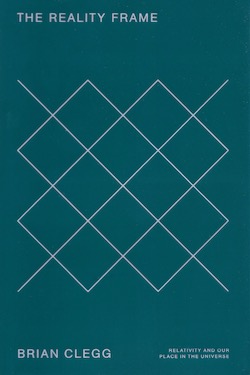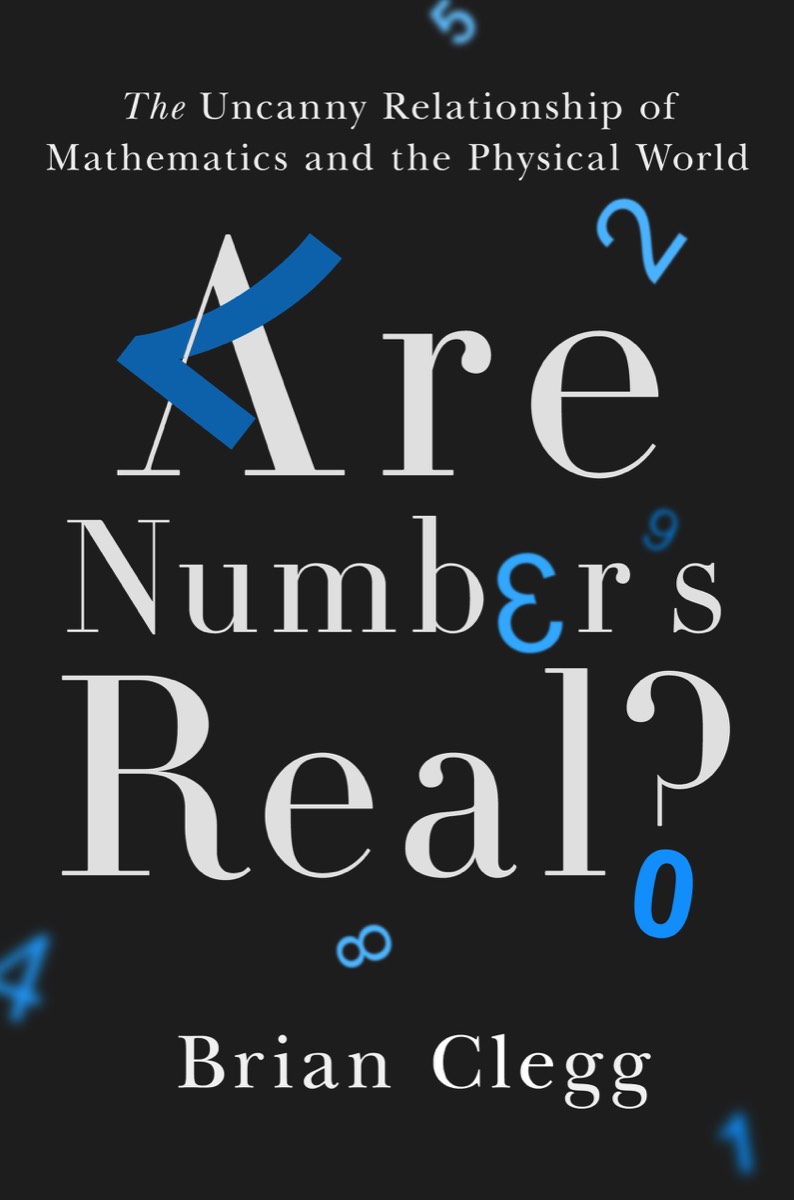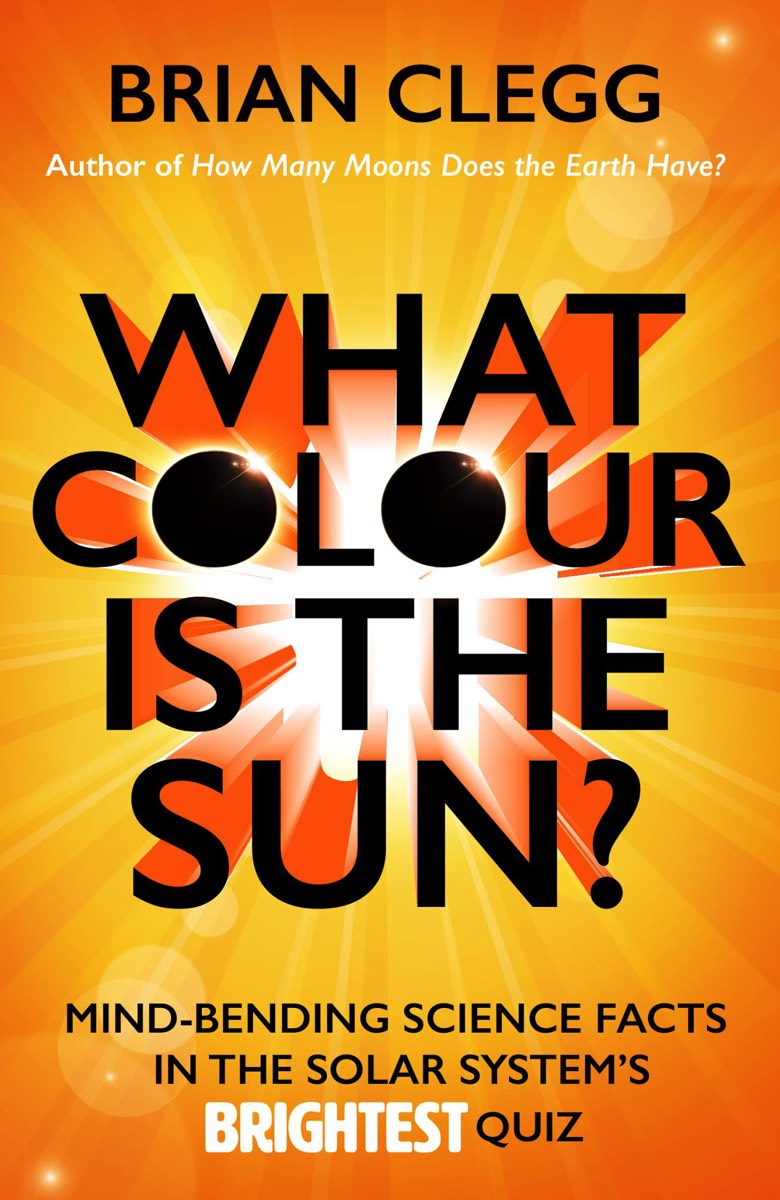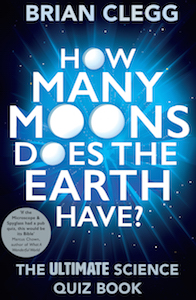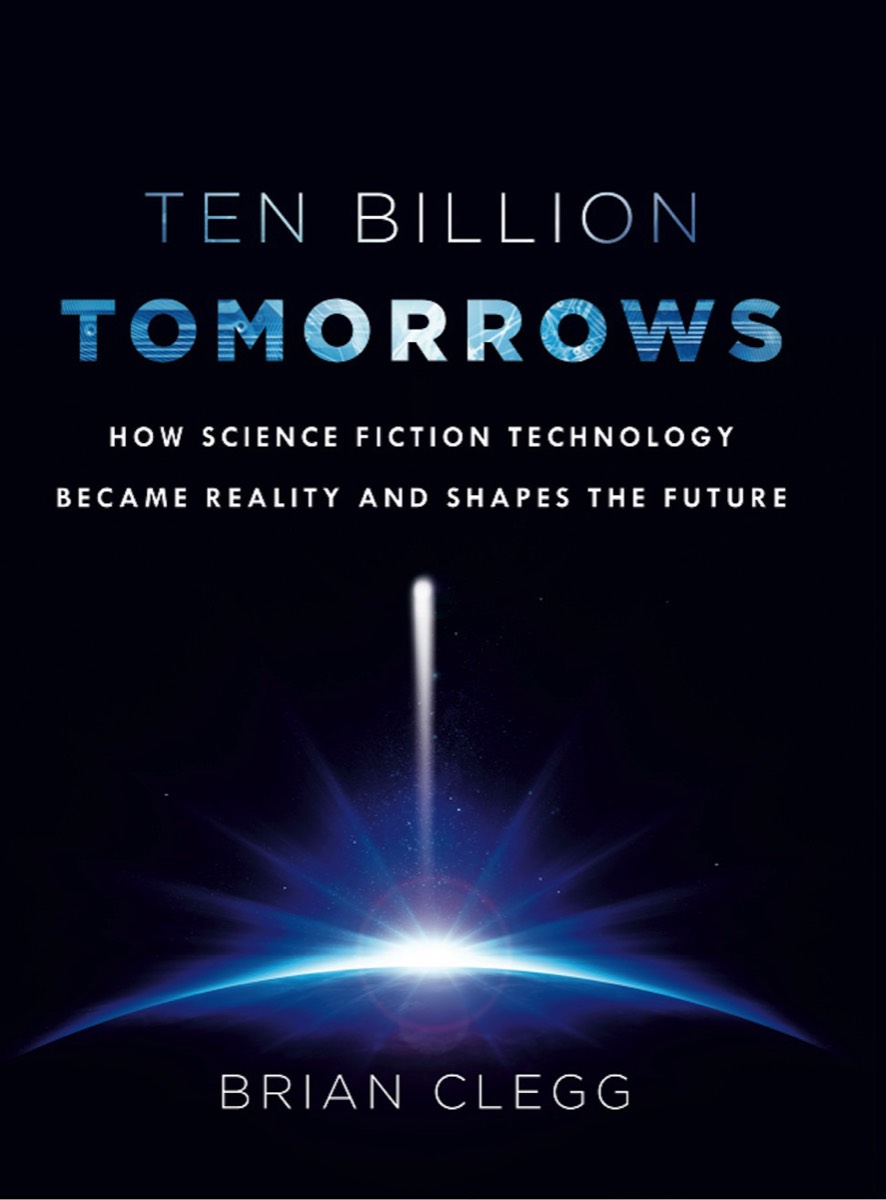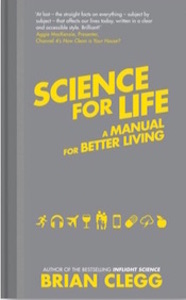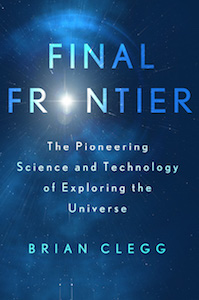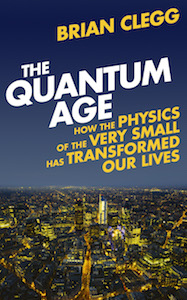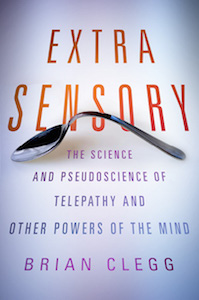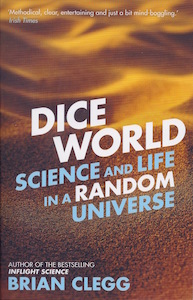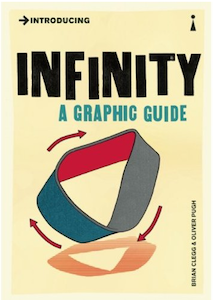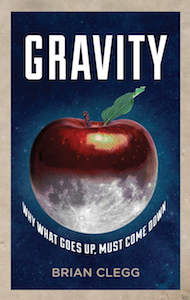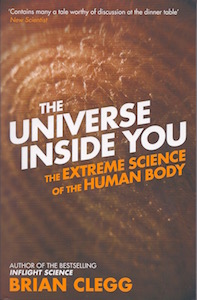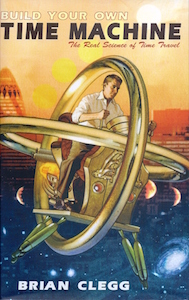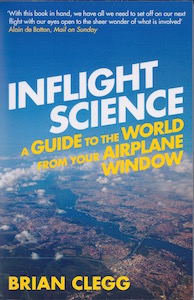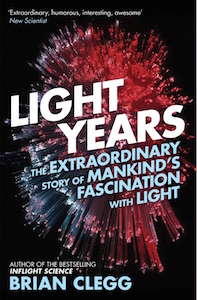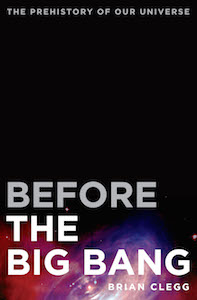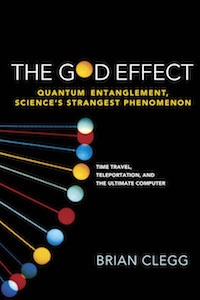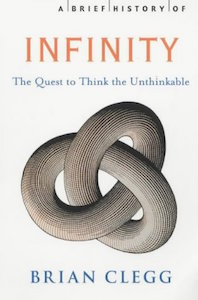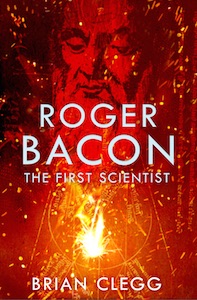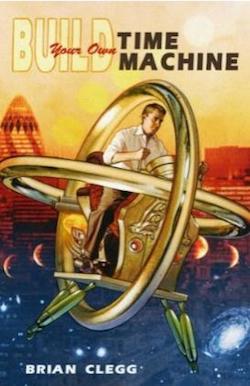
Build Your Own Time Machine
Here’s the book the science reading community’s been waiting for
How To Build a Time Machine
Forget fiction: time travel is real.
Owning a time machine is like having super powers. You could send the lottery results back in time and win millions. Or become a world expert on a new technology that has yet to be invented. Such power comes with a price, though. You may also accidentally change reality so much that you cease to exist. Until recently, travelling through time has seemed little more than fantasy. But quantum theory and relativity open up ways to make time travel possible - and there is no physical law preventing it.
Build Your Own Time Machine/How to Build a Time Machine explains our best understanding of time and how it can be manipulated. We visit a time traveller's convention where no one turned up, and see why a time machine might not be able to travel back further than the point it was first invented. We explore the remarkable possibilities of real time travel that emerge from quantum entanglement, superluminal speeds, neutron star cylinders and wormholes in space. Then there's Ronald Mallett, a man who has dedicated his life to devising a way to travel back in time to meet his father, who died when Mallett was very young. We are finally ready to take on this ultimate challenge and see that a time machine may really exist in the not to distant future.
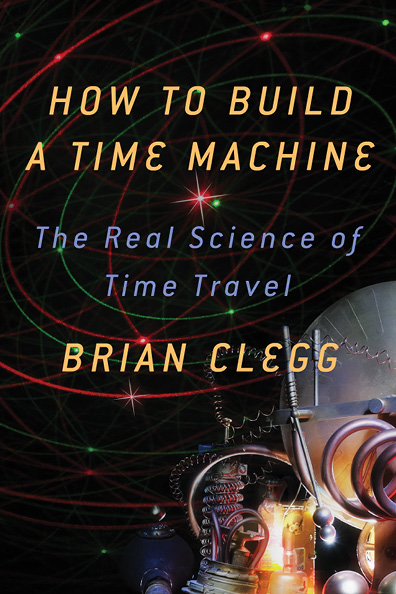
If you’d like a signed copy - it makes a great gift - purchase direct below when available. If you want a personalised inscription, just drop Brian an email at the same time with the details.
Paperback
Hardback
Kindle
Nook
Kobo
Apple UK
Using these links earns us commission at no cost to you
Reviews
This fascinating, complex, slightly frightening book begins with a sentence that makes you sit up rather quickly: “There is no physical law that prevents time travel.”It’s mind-scrambling stuff. A natural successor to the likes of Magnus Pyke or Edward de Bono, Clegg clearly appreciates that science is only as dry as the ivy-covered professors who make it so... as with the author’s delightful Inflight Science, most readers should find it thoroughly lucid and engrossing. Word Magazine (Ali Catterall)
Despite the title, the lesson of Build Your Own Time Machine seems to be that no one will be doing so any time soon. Clegg sets up elegant and fascinating theoretical possibilities for time travel only to show that the practical difficulties are virtually insurmountable... Clegg proves himself to be a lucid guide to the often complex science of time travel. His ambitious book covers more or less the whole of twentieth-century physics from relativity to string theory… as Clegg says, the idea of time travel does indeed provide a “delight that the feats of no other near-possible technologies bring.” Just don’t expect to be jumping into your DeLorean time machine in the near future. Times Literary Supplement (P. D. Smith)
Brian Clegg conjectures on the world of time and space travel and brings it all beautifully down to earth. Brilliant. Johnny Ball
Clegg's enjoyable exposition of how human time travel might be possible give[s] some unusually lucid scientific explanations. Occasionally, too, he sighs winningly at the grammatical knots time-travel discussions seem to require: "We have trouble with tenses ... here. It might be more accurate to say that any action must will have existed." I must will have been pondering that for some time. The Guardian (Steven Poole)
Here’s the book the science reading community’s been waiting for... consistent with his brilliant observations of other great minds and their inquisitive nature, Brian Clegg expresses his interpretations of Einstein’s space-time and H. G. Wells’ speculations of moving through time. He captures the prospect of time travel in exquisite detail with tenacity comparable to those great thinkers... The resulting vision will tantalize your instinct. Brian Clegg has distinguished himself as an accomplished visionary in theoretical science, having written extensively in several renowned publications. ***** San Francisco/San Diego Book Review (D. Wayne Dworsky)
British pop-science writer Clegg notes that time travel is not just a trope of science fiction any more. Increasingly, serious physicists accept that travel to the future and back, or to the past and back, is theoretically possible. The laws of physics provide a few interesting options, and examining them provides an opportunity to look at some interesting corners of modern science. Einstein's theories of special and general relativity describe how motion and gravity affect objects and people. Movement at high speeds, or in powerful gravity fields, changes the rate at which time flows... Clegg also dissects schemes such as going into the past and playing the stock market armed with foreknowledge of what will rise or fall. He covers most of the themes advanced by science fiction, plus some of the more adventurous scientific minds, generally avoiding math or tricky technical details. A solid overview of some of the quirkier corners of physics, with an entertaining connection to pop culture. Kirkus Reviews
A genuinely intriguing book. Booklist
Clegg excels at making science accessible. Library Journal
Mr. Clegg, as a writer and not a professional scientist, prefers to focus on the human side of the quest to understand time, giving it equal billing with the scientific details and skipping the equations. His prose is sprightly, and most readers will be readily drawn into his examples from science fiction and anecdotes about the human side of science. We are told, for example, that Einstein was ordered by his doctor not to buy tobacco; interpreting this literally, Einstein simply filched the tobacco from his friend Niels Bohr... read "How to Build a Time Machine" to get some sense of the high stakes and exciting ideas that abound in this field. - Wall Street Journal (Sean Carroll)
An excellent overview of the scientific basis of time travel as well as the attempts both real and imaginary that have been made regarding time travel. - Professor Ronald Mallett, University of Connecticut
Clegg is both a writer and a physicist; and it's as a writer – one who is able to communicate physics to the non-specialist – and that makes this book so very enjoyable. The hard stuff is there, between the lines, but we're not asked to deal with it – Clegg leads us through, in his own inimitable style... Perfect. I'm sure I'll go back and re-read it. If only I had the time – or a time machine perhaps? Popular Science website (Peet Morris)
Physics indicates it may be possible to go back to the future, and in How to Build a Time Machine, Brian Clegg argues that it's never too early to prepare... New Scientist (Manjit Kumar)
Links to purchase books earn us commission at no cost to you


